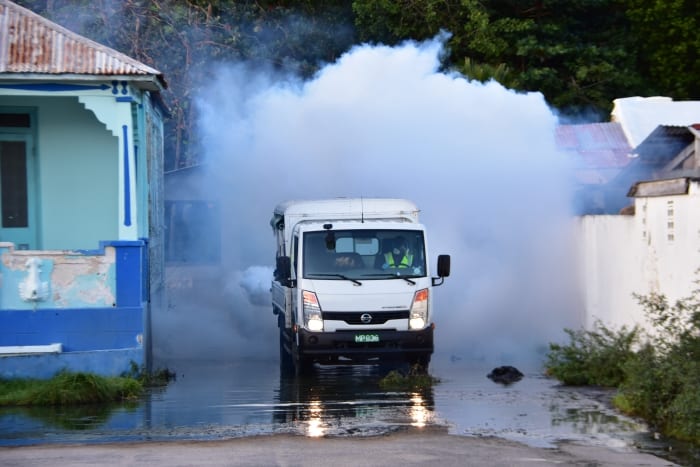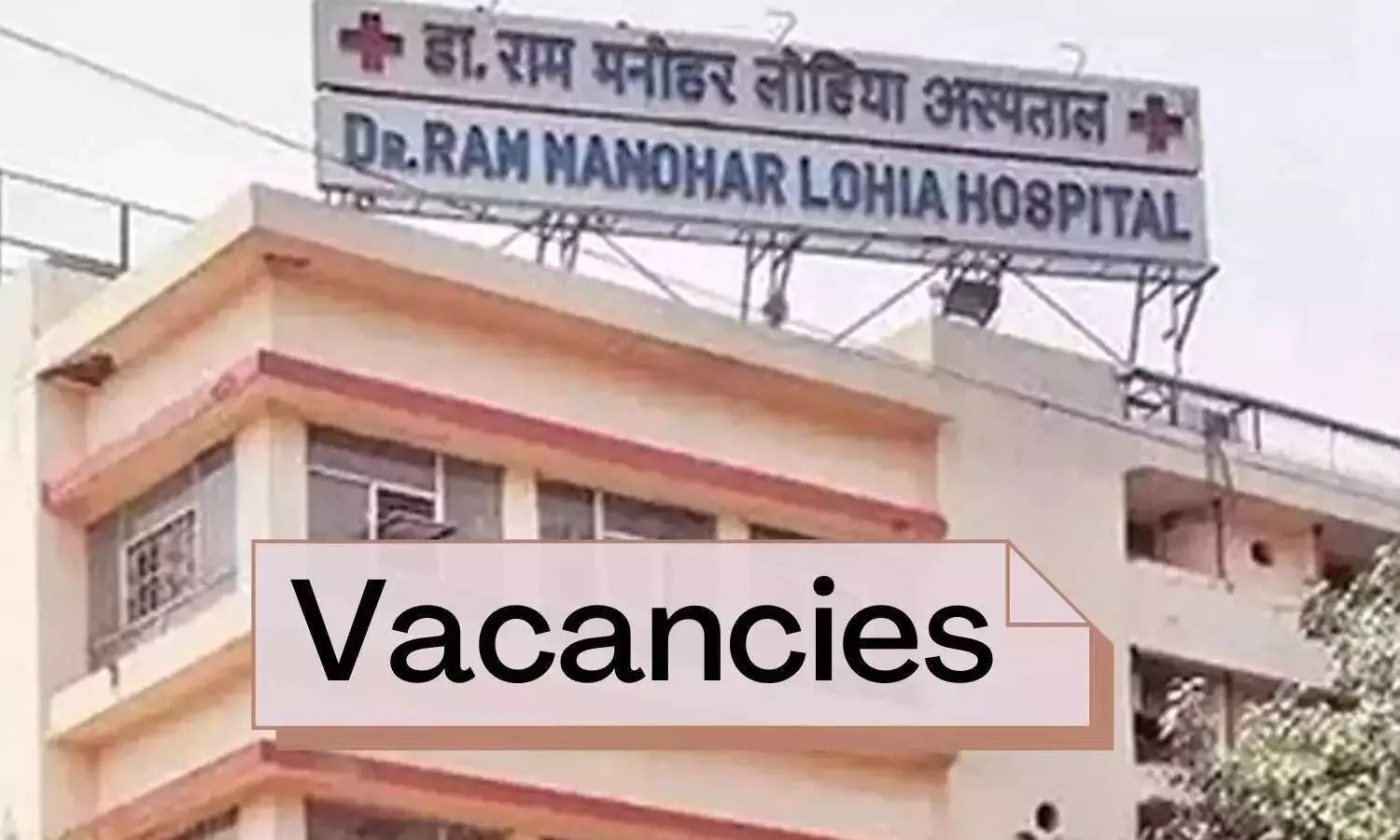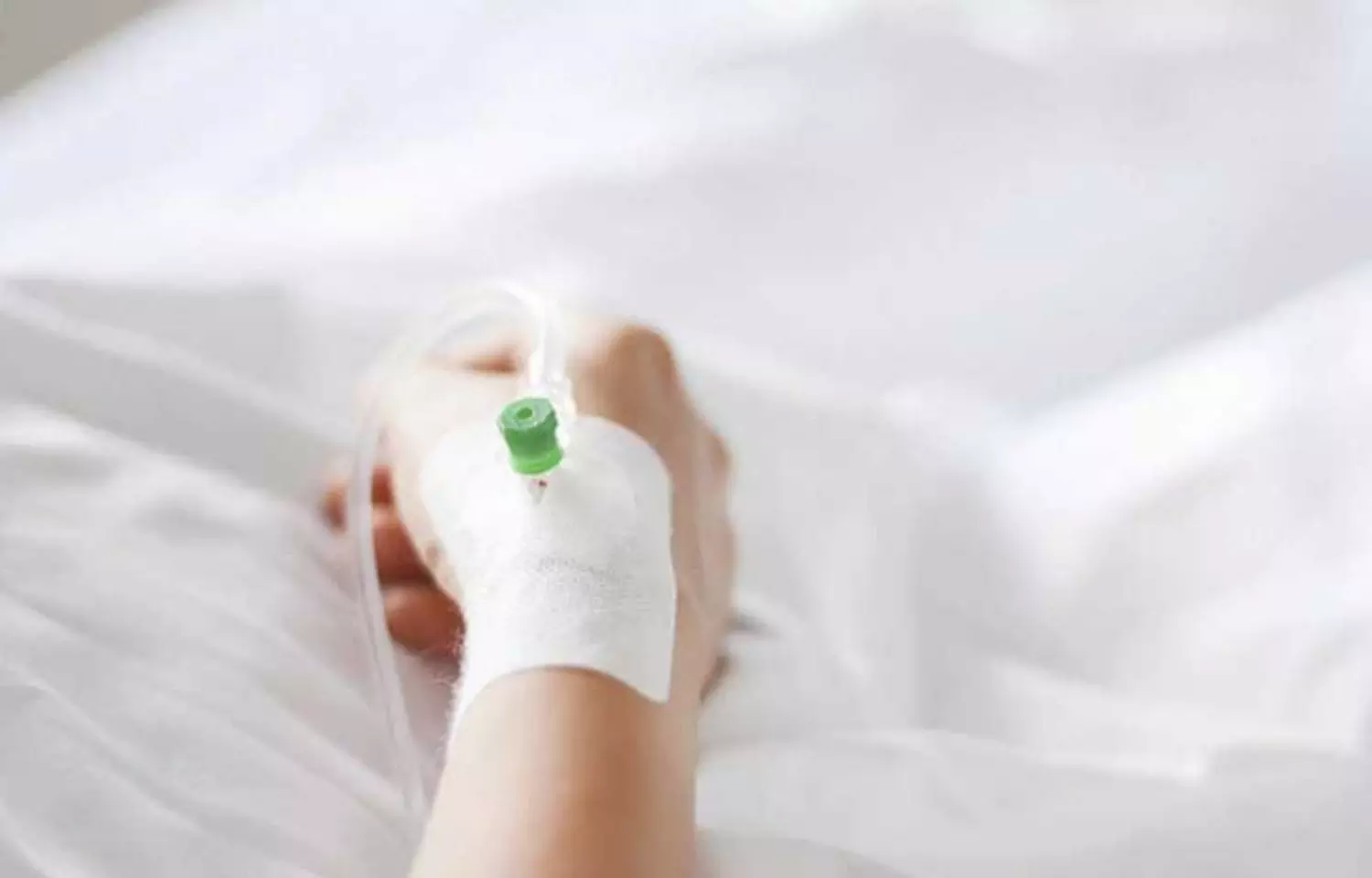Endocrinologist leads precision medicine to better diabetes care
1 year 8 months ago
Health, curlan campbell, diabetes, dwight matthias, grenada diabetes association, st george’s university, world diabetes day
Many Autoimmune Disease Patients Struggle With Diagnosis, Costs, Inattentive Care
1 year 8 months ago
Health Care Costs, Health Industry, Insurance, Pharmaceuticals, Alabama, Autoimmune Diseases, Chronic Disease Care, Doctors, Patient Advocacy, texas, Women's Health
Surgery for epilepsy - Trinidad & Tobago Express Newspapers
Trinidad & Tobago Express Newspapers
1 year 8 months ago
Health Archives - Barbados Today
No fogging on Independence Day, November 30
1 year 8 months ago
A Slider, Environment, Health, Local News
Medical News, Health News Latest, Medical News Today - Medical Dialogues |
RML Hospital Delhi announces 120 SR Post Vacancies, Apply now
1 year 8 months ago
Jobs,State News,News,Health news,Delhi,Medical Jobs,Hospital & Diagnostics,Doctor News,Latest Health News,Recent Health News
The Dominican Republic’s health offer is world-class
1 year 8 months ago
Health, tourism, Caribbean, dentistry, Dominican Republic, health tourism, Mitur, tourism
CARPHA encourages measures to reduce mosquito-borne diseases
1 year 8 months ago
Environment, Health, PRESS RELEASE, caribbean public health agency, carpha, chikungunya, dengue, horace cox, joy st john, mosquito, rajesh ragoo, zika
Medical News, Health News Latest, Medical News Today - Medical Dialogues |
Merck to acquire Caraway Therapeutics for up to USD 610 million
1 year 8 months ago
News,Industry,Pharma News,Latest Industry News
Medical News, Health News Latest, Medical News Today - Medical Dialogues |
Intravenous iron before major bowel surgery reduces need for blood transfusion
1 year 8 months ago
International,Gastroenterology,Medicine,Surgery,Gastroenterology News,Medicine News,Surgery News,Top Medical News,Latest Medical News
Health – Demerara Waves Online News- Guyana
Brutal domestic violence incidents as PAHO prepares to beef up health sector response to violence against females
1 year 8 months ago
Crime, Health, News
Grenada considering healthcare partnership with Saudi Arabia
1 year 8 months ago
Business, Health, Technology, caricom-saudi arabia summit, dickon mitchell, linda straker, saudi arabia
Nursing and Midwives Council warns about non-certified nursing schools
1 year 8 months ago
Education, Health, Law, PRESS RELEASE, linda straker, nester edwards, nurses and midwives council of grenada, nurses and midwives registration act, st george’s university, t a marryshow community college
Notice: Nurses and Midwives Registration Act No.15, 2003
1 year 8 months ago
Education, Health, Law, Notice, PRESS RELEASE, gis, midwives, nester edwards, Nurses, nurses and midwives council of grenada, nurses and midwives registration act, nursing school
Renewable energy advancements in Carriacou and Petite Martinique
1 year 8 months ago
Business, Carriacou & Petite Martinique, Environment, Health, PRESS RELEASE, british high commission, kerryne james, ministry of carriacou and petite martinique affairs, tevin andrews, tony blair institute for global change
More than a million people without drinking water after tropical disturbance
1 year 8 months ago
Health





